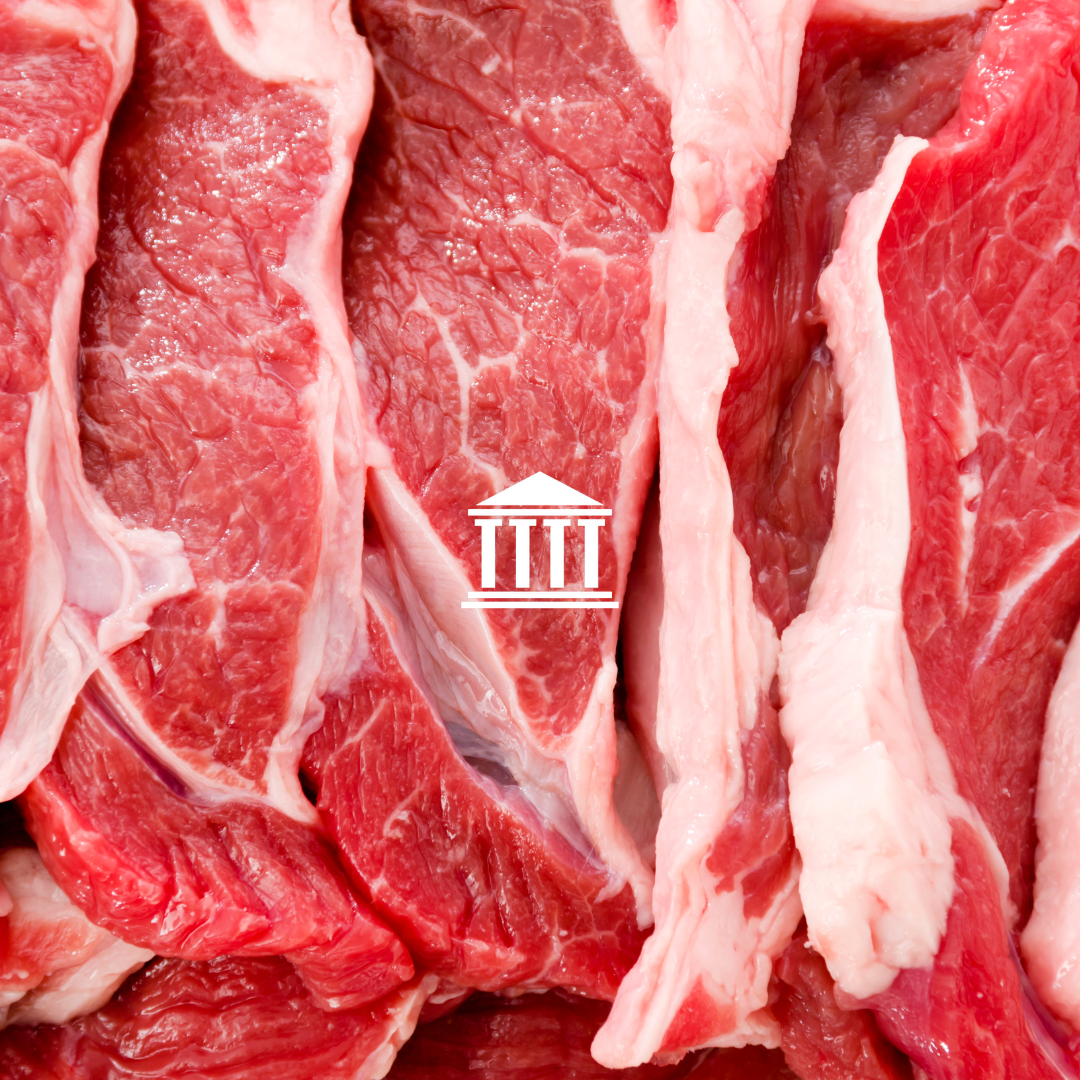
The Carnivore Diet: Benefits, Risks, and Myths Debunked
Share
Introduction
The carnivore diet is one of the most talked-about nutrition trends of the past few years. While some hail it as the ultimate return to our ancestral roots, others dismiss it as extreme and unsustainable. But what does the science really say? Let’s explore the benefits, risks, and common myths behind this all-meat way of eating.
What Is the Carnivore Diet?
At its core, the carnivore diet is an elimination-style approach that focuses on exclusively animal-based foods:
-
Strict Carnivore: Only red meat and water.
-
Moderate Carnivore: Includes poultry, fish, eggs, dairy, and sometimes organ meats.
-
Carnivore 2.0: A more nutrient-focused version that emphasizes organ meats, bone broth, electrolytes, and high-quality animal fats.
The idea is simple: by removing plant foods and processed products, the body relies on nutrient-dense animal products for fuel and repair.
Potential Benefits of the Carnivore Diet
-
Stable Blood Sugar Levels
Eliminating refined carbohydrates reduces glucose spikes and insulin crashes. -
Weight Loss & Satiety
High protein and fat intake leads to greater satiety, making it easier to eat less without feeling deprived. -
Anti-Inflammatory Effects
Many report reduced joint pain, clearer skin, and relief from autoimmune symptoms. -
Digestive Relief
Without fiber-heavy and processed foods, bloating, gas, and IBS-like symptoms often improve. -
Mental Clarity & Energy
Ketones and amino acids from meat may enhance brain function, mood, and focus.
📚 Research Sources
-
Lennerz, B. et al. (2021). Case series of patients on a carnivore diet. Current Developments in Nutrition.
-
O’Hearn, A. (2022). Nutritional adequacy of a meat-based diet. Frontiers in Nutrition.
Risks and Challenges
Like any restrictive diet, carnivore eating comes with potential pitfalls:
-
Micronutrient Deficiencies
Without organ meats or variation, deficiencies in vitamin C, magnesium, and potassium can occur. -
Cholesterol Changes
Some individuals may see LDL cholesterol rise. The link to cardiovascular risk remains debated. -
Gut Microbiome Shifts
A lack of plant fiber alters gut bacteria. The long-term impact of this is still being studied. -
Practical & Social Limitations
Eating out, traveling, and socializing can be difficult when following a strict carnivore approach.
📚 Research Source
-
Stanley, T.L. (2022). Risks of restrictive meat-based diets. Journal of Clinical Nutrition.
Common Myths Debunked
❌ “Without fiber, your gut will stop working”
While fiber supports digestion, amino acids like glycine and collagen also protect gut lining and function.
❌ “All red meat is harmful”
The health impact of processed meats differs greatly from nutrient-rich, grass-fed red meat.
❌ “Meat lacks antioxidants”
Animal foods contain powerful antioxidants such as carnosine, taurine, and glutathione — unique compounds not found in plants.
Practical Tips for a Smarter Carnivore Diet
-
Incorporate organ meats (liver, heart, kidney) for vitamins A, B12, folate, and iron.
-
Drink bone broth to support gut health with collagen and minerals.
-
Maintain electrolyte balance with salt, potassium, and magnesium.
-
Prioritize quality sources: grass-fed beef, wild-caught fish, and pasture-raised eggs.
Conclusion
The carnivore diet offers exciting potential benefits, from weight loss and reduced inflammation to mental clarity and digestive relief. Yet, it is not without its challenges. By approaching it intelligently — focusing on nutrient-dense animal foods, organ meats, bone broth, and proper electrolytes — you can avoid common pitfalls and maximize its benefits.
➡️ Ultimately, carnivore eating is not just about cutting out plants — it’s about embracing the nutrient power of real, whole animal foods.

